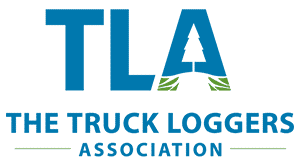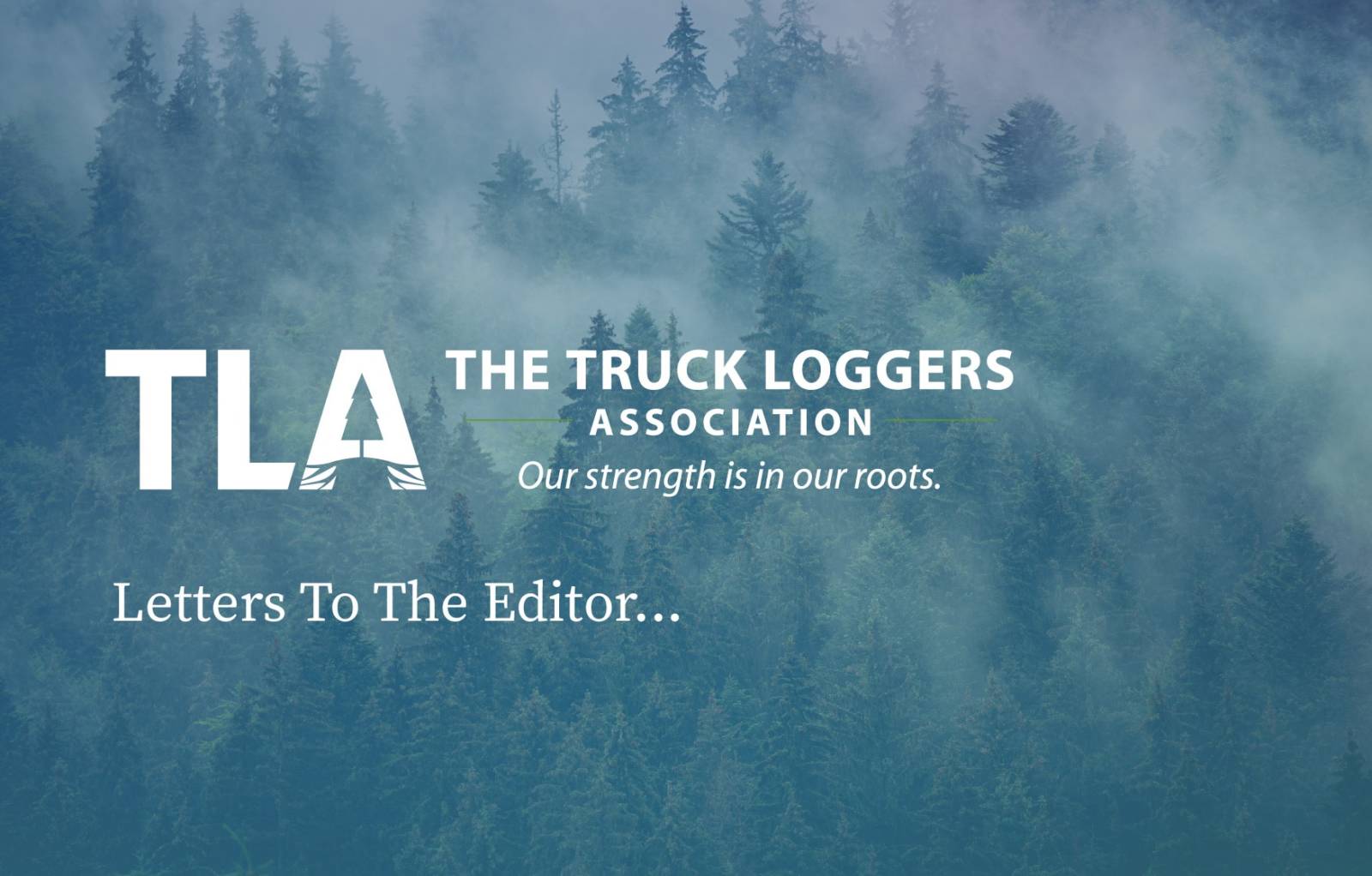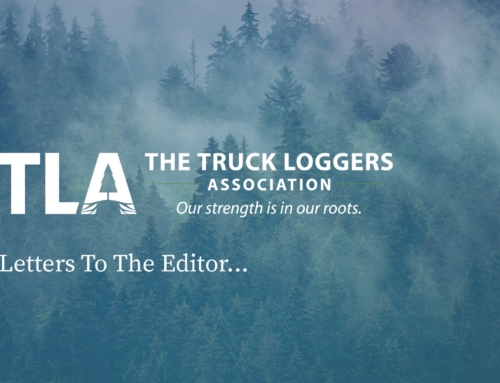BC’s Forests Deserve Facts Not Fabrications
August 10, 2021—Vancouver—Balanced solutions to BC’s old-growth forests protection that best serves all British Columbians is possible. But it seems out of reach.
For example, government’s recently announced Old Growth Technical Advisory Panel that will dictate government’s decision-making on logging deferrals is very troubling. Not because of its intent, but for the blatant unbalanced representation of its members.
This newly minted committee—absent of any forest sector professionals, forestry-dependent communities or First Nations leadership—will pour over maps, recommend and lobby for new areas needed to be protected without any understanding of the consequences of their opinions.
As a follow up to the recommendations from the 2020 Old Growth Strategic Review, it may seem fine, but dig a bit deeper and you’ll find the composition of its members dominated by Sierra Club affiliates and other individuals dedicated to old-growth protection and vocally against any continued old-growth harvesting.
To further exacerbate this imbalance, government could be making these “short-term” deferral decisions as early as this month, and they will likely become permanent. Government decisions based on a biased panel’s input on significant areas to be forever deferred from economic activity without any real consultation with those impacted is not serving the public interest at all.
Is this an appropriate and inclusive process to essentially dismiss the expertise of over 100,000 workers dependent on the forestry sector, the 140 communities dependent on its ongoing prosperity, and the 120 First Nations already participating in the industry? Is it right to dismiss those who have built BC and supported it in so many ways? Is it right to ignore the legions of dedicated professionals and plethora of credible information and science?
To refresh the facts: the Old Growth Strategic Review, frequently quoted by environmental groups, did not call for immediate cessation of all old-growth harvesting, it recommended protection (in the authors opinion) of critical old-growth areas not adequately represented at the current time. That is a far cry from the exaggerated inferences proclaimed by multi-national environmental marketing departments on social media platforms that want to stop it all, right now, forever.
And what is the real agenda at play here? In the current Fairy Creek standoff, sophisticated and wealthy environmental groups distort facts, disrespect First Nations leadership, recklessly ignore fire hazards, steal and vandalize equipment, leave their trash, and encourage illegal blockades but yet seem to be rewarded for such behaviour by being given the opportunity to comprise an unaccountable committee that will ultimately determine the future state of our forest industry. I suppose this should not be surprising; a quick scan of the Office of the Registrar of Lobbyists of British Columbia demonstrates how frequently politicians and bureaucrats have been bombarded by these corporate environmentalists, apparently with open arms. If you ask those of us who are actually employed in the forestry sector how much of an opportunity we have been provided for real discussion and consultation, the answer is next to nothing.
If the public wishes, as government has repeatedly stated, to transition the forest industry towards broadening participation, creating more value-added, improving competitiveness, creating revenues for government, and strengthening resource communities, then the current process seems entirely contradictory.
There is a path forward that will work, but it requires people to actually talk to each other as opposed to an apparent encouragement of separate polarized camps of opinion. The TLA welcomes dialogue and debate as the only path towards long-term solutions that work for all.
It is undeniable our forests are the source of the best options for sustainable products, addressing climate change, storing carbon, and responsible management. The world’s need and desire for wood will not diminish. Shutting down old-growth logging in BC will only move the supply to unregulated regimes, while homes and buildings constructed of any known alternative does not help the world’s carbon footprint. Corporate environmentalists’ messaging doesn’t mention this; they find it most effective to just keep saying no to everything versus realistic, long-lasting and balanced solutions.
Ask your MLA about the potential impacts of their upcoming forestry decisions because there’s a good chance they won’t have the answer. However, credible work has been done by others on such impacts, which will, if implemented as forecast, be very detrimental to BC’s communities and our Province. At a minimum, it is necessary for government to do such analysis prior to any ill-advised and hasty deferral decisions. The real truth should get in the way of this story.
Bob Brash, RPF
Executive Director
Truck Loggers Association








Get Social